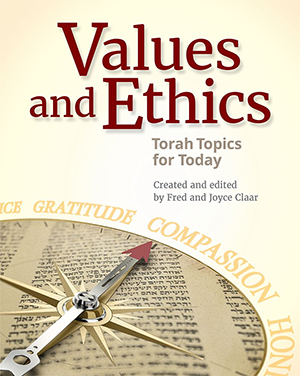DEVARIM —
We often jump to conclusions. A child walks into a new class and quickly decides who is ‘cool’ and who is not. We may witness an interaction between spouses or a parent and child and immediately decide that someone is being abusive or disrespectful, even though we lack any knowledge of the context. Sometimes our judgment calls are on target and sometimes they aren’t.
In Devarim, this week’s Torah portion, Moses recounts the instructions he gave to the first group of judges he appointed. These instructions are repeated to remind us of their importance and timelessness. Moses emphasizes the importance of listening – paying close attention and patiently listening to all sides. The judge must ignore external factors and do his best to learn as much as he can about the litigants and their arguments. Only then is he qualified to judge. If he can’t accomplish this, he must consult with a higher ranking judge.
We are all judges. We are hard-wired to make quick decisions about things happening around us. This is a crucial capacity when one is in danger, but this ability can be a handicap in one’s relationships. When it comes to other people, we must be careful to learn as much as we can about them and their circumstances before forming opinions. The not-cool kid in the class may very well become your closest friend!
TALK TO YOUR KIDS about the uniqueness of every individual and the complexity of every situation. Listen, evaluate, consider.
CONNECT TO THEIR LIVES:
- Have you ever had your opinion of someone change after getting to know the person better?
- Have you ever felt that others jumped to conclusions about you?
- Think of a situation that would look bad if a person watching doesn’t know the facts.
By Rabbi Moshe Becker
Values & Ethics—Through a Jewish Lens is created by Fred and Joyce Claar to bring the wisdom of Judaism into family discussions.






